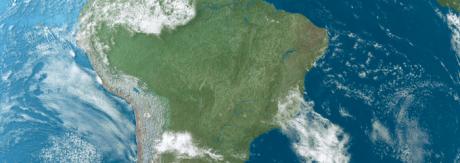
EU can increase global warming
“New studies from FAO show that by increasing the use of bioethanol in the EU, you will be able to free-up 3 mill. hectares of agricultural land globally,” says Claus Felby professor at the University of Copenhagen and expert in the sustainability of biofuels.
The EU Commission is right now negotiating with the member states, as it wants to pass new legislation that limits the production of biofuels based on food crops.
The legislation is being introduced because it has turned out that a number of different kinds of biodiesel produced from vegetable oils emit more CO2 than conventional diesel. The problem is that the rules also limit the production of bioethanol, which actually makes a positive contribution to both the climate and nature, writes Lars Attrup.
Bioethanol has a positive effect
The production of bioethanol on the basis of corn or wheat has a very large co-production of feed and therefore altogether has a positive environmental effect.
The co-production of feed has a high amount of protein and can there replace a large part of the huge amounts of feed that the EU today imports from especially South America,
explains Claus Felby.
It appears from the analysis from FAO that even a relatively limited rise in the EU’s production of bioethanol towards 2020 will reduce the yearly import soybean from South America with about 12 mill. tons. The effect is that 4 mill. hectares in South America is freed up, while additional 1 mill. hectare of agricultural land is used in the EU. Thereby, a production of bioethanol in the EU globally frees up 3 mill. hectares net, which is more than Denmark’s collected agricultural land.
“You miss out on this effect, if you from the EU impose legislation which kills all types of biofuel produced from food crops. It is crucial that EU legislation distinguish between biodiesel and bioethanol,” says professor Claus Felby.
Follow the developments within biorefining. hveiti regularly informs about our efforts to improve the environment.
Copyright © 2011 | Hveiti | Design Rabotnik




